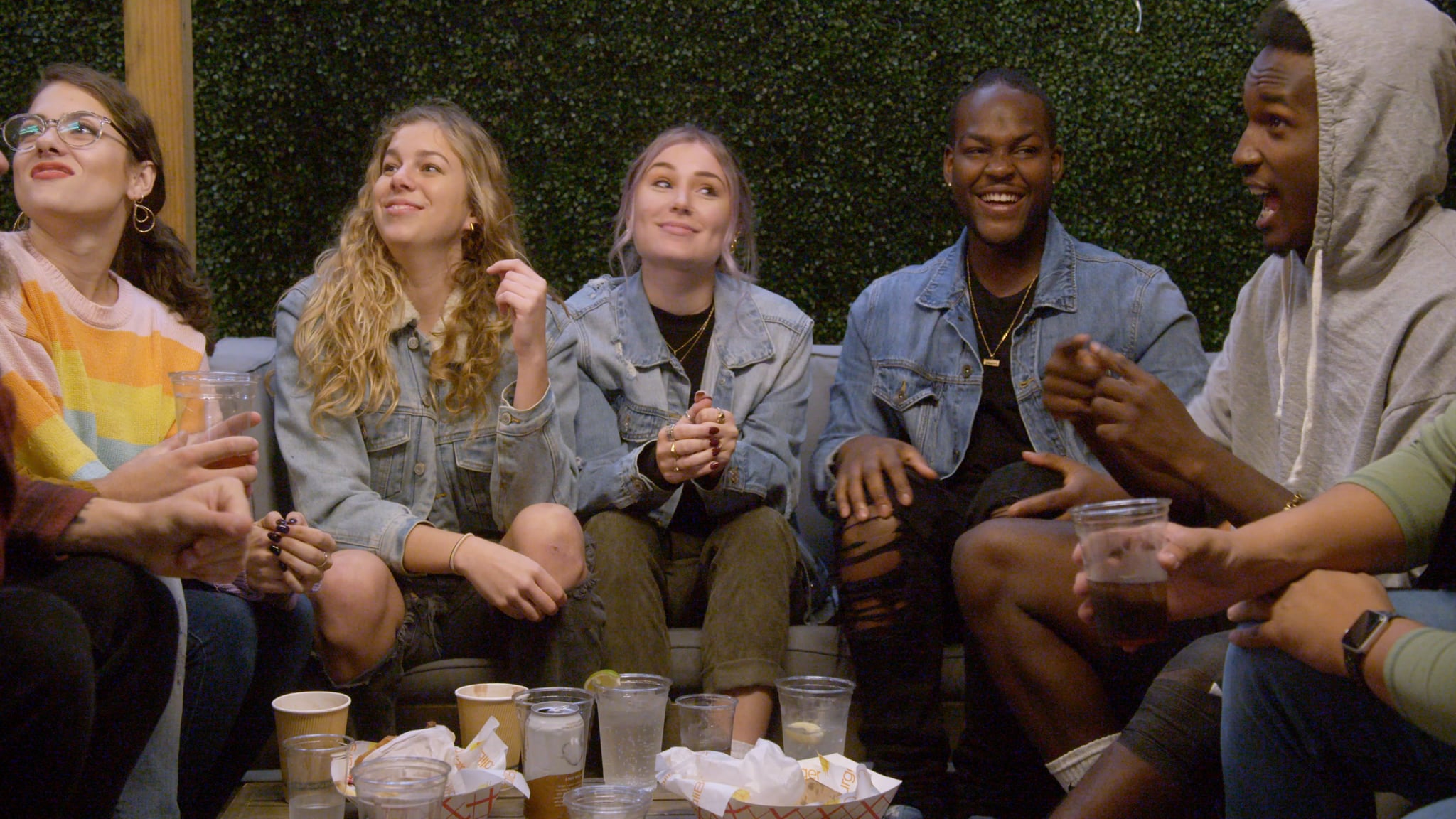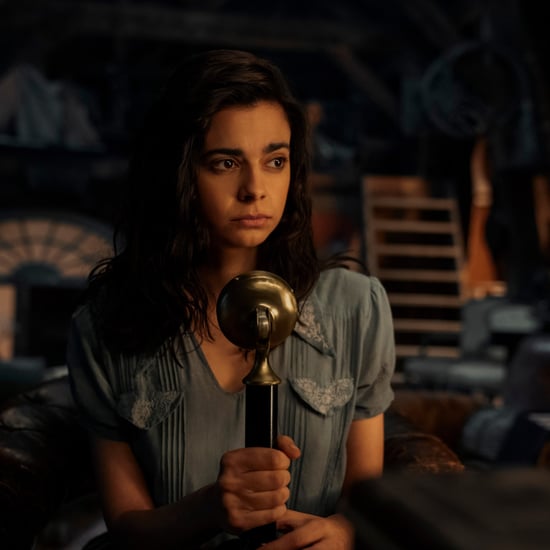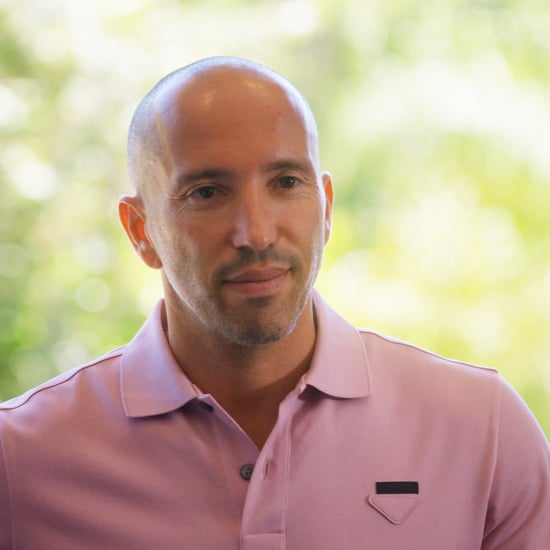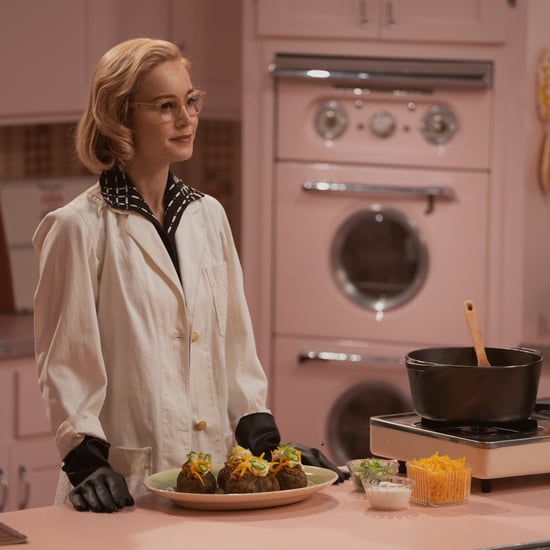What Parents Should Know About Deaf U | Parents' Guide
Deaf U Is a Good Learning Experience About Deaf Culture, but It Earns Its TV-MA Rating
Watch out! This post contains spoilers.
Netflix released Deaf U season 1, a docuseries that follows the romantic endeavours and inner lives of Gallaudet students on the hearing to deaf spectrum. The series brings a welcome tide of deaf culture representation alongside a recognisable scoop of college, coming-of-age drama. Focussed on the relationships between seven students, the eight-part series documents everything from parental bonding to coexisting with exes to heavier topics such as sexual assault. While the refreshing presence of a primarily deaf cast is great exposure for children to deaf culture, here are all the reasons it's earned its TV-MA rating.
- There is explicit and implied discussion of sex.
Since the series is meant to be an honest depiction of college life, it doesn't shy away from the nitty-gritty of the cast members' sex lives and romantic encounters. Though it tones it down throughout the series, the first episode explicitly mentions oral sex and orgasms. In later episodes, talk of being a "player" and sleeping around is continuously present. If you haven't had the sex talk with your kids yet or want to limit their exposure to onscreen discussion of such topics, Deaf U may need to be an adults-only viewing. - Abortion is the topic of a reoccurring storyline.
Going along with the sex theme, cast members Alexa and Dequan unpack the aftermath of their relationship and the abortion that ended it. They rehash the night leading up to conception, Alexa's struggle to make a decision, and following bouts of grief across the duration of the series. Sex itself is already a complicated subject for kids, and abortion adds another layer of confusion that might be better suited for more mature youngsters. - You'll hear cussing often.
The cast's language wasn't censored, so there are many F-bombs and other swear words peppered in each episode. Since they aren't all audible as not each cast member speaks aloud, the words are explicitly captioned and sometimes mouthed. There aren't any particular bouts or tirades full of curse words, but their use appears in both times of casual mood and frustration. - Instances and talk of bullying occur.
The divide between "elite" deaf individuals and other deaf students is a main topic of the series, especially in Cheyanna's narrative. Cheyanna often discusses being bullied and feeling like an outcast by the elite, and there are two moments where this teasing is visualized. First, a group of girls watch and quickly mock one of Cheyanna's videos, and in another instance, a woman physically handles Cheyanna in a mean-spirited manner. Depictions and discussions of bullying aren't the heart of the series, but for kids who might be sensitive to the subject, parents should be on the lookout. - Heavy subjects like domestic abuse and molestation are highlighted.
While exposing themselves to the filming process, it was only natural for more burdensome traumas from the cast's childhoods to be mentioned. Though it doesn't arc across the whole series, some episodes tackle the abusive relationship of one cast member's parents and the childhood molestation experienced by another cast member. Depending on the age and maturity of young viewers, these moments could be difficult to navigate during a family viewing. - Drugs and alcohol are mentioned and/or consumed on screen.
Like college kids are expected to, the Deaf U students often go to bars or drink at house parties and verbally discuss their drunkenness. Drugs aren't partaken in on screen, but their usage and the feeling of being high are mentioned occasionally across episodes. - The show has a sexually and ethnically diverse cast.
Two people of colour are main cast members — though neither of them are women, which the show has faced criticism for. Though they often joke about their differences from the white Gallaudet students, they do substantively comment on their different experiences in the deaf community. Another woman-identifying cast member is in a same-gender relationship, and just like the other couples, they share kisses and cuddles on screen. The partners also discuss how their families have poorly reacted to their relationship. This inclusion of sexual and ethnic minority groups adds to the overall wave of representation present in the series. - It offers representation and education on deaf culture.
Yes, the series does handle mature subject matter more often than not, but it makes a point to routinely educate audiences on deaf culture and community. From small things like how couples can't cuddle and sign to each other at the same time to larger instances of mocking by hearing people in social settings, the series offers a close look at the lifestyle of and bonds between deaf and hard-of-hearing individuals.







